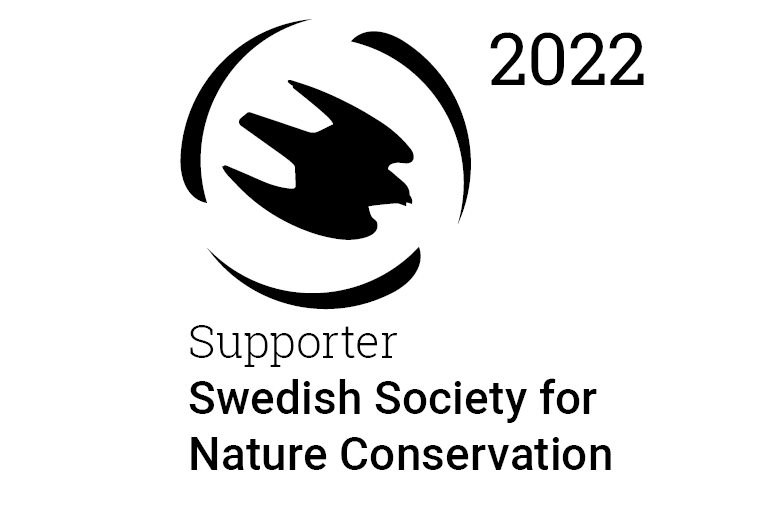- Home
- News Details
News Details

EU proposal to lower the HBCDD limits
2023-12-07 Reference source : European Commission
On November 28, 2023, the European Commission launched a consultation on a draft Act concerning the persistent organic pollutant (POP) hexabromocyclododecane (HBCDD). The Commission aims to eliminate or severely restrict the use and production of POPs, as those terms are defined in the Stockholm Convention, in order to protect both the environment and human health. Comments on the draft Act are welcome for four weeks, until December 26.
Some background
A class of organic substances known as persistent organic pollutants (POPs) are hazardous to human health and the environment because they persist in the environment, accumulate in food chains, and have poisonous qualities. Because of their persistence, these compounds may be carried across international borders by migratory animals, air, and water far from their source. POPs include industrial compounds like polychlorinated biphenyls and terphenyls (PCBs/PCTs), insecticides like dichlorodiphenyltrichloroethane (DDT), and unintentional byproducts of industrial processes like dioxins and furans. The EU has developed specific regulations to address some of these chemical waste streams. In order to do this, it will update the concentration limit values for some compounds in annexes IV and V of the POPs regulation (Regulation (EU) 2019/1021 on persistent organic pollutants) and add some substances to annex IV of that regulation.
Draft Act
Hexabromocyclododecane (HBCDD), which is listed in Annex I of Regulation (EU) 2019/1021, is the subject of this draft Act. The Act lowers the limit value—which was previously set at 100 mg/kg—for the unintentional trace contaminant HBCDD in chemicals, mixtures, and products. Nonetheless, there is an exception and a restriction of less than 100 mg/kg for the use of recycled polystyrene in the manufacturing of expanded polystyrene (EPS) and extruded polystyrene (XPS) insulation for use in buildings or civil engineering projects. The Commission will analyse and evaluate this by January 1, 2026.
More details about properties and uses of HBCDD as well as available alternatives to HCBCDD can be found here.
We acknowledge that the above information has been compiled from European Commission .
Global Product Compliance (GPC) specializes in Global Regulatory Compliance Solutions across sectors
globally. SSS Europe, a familiar name in chemical regulatory and compliance services now formally belongs
under the umbrella of GPC Holding Sweden.
Since 2008, we have emerged as one of the leading names among Global Regulatory Compliance Service
Providers with Representation services in Europe, Asia and Middle East for respective chemical
regulations.


